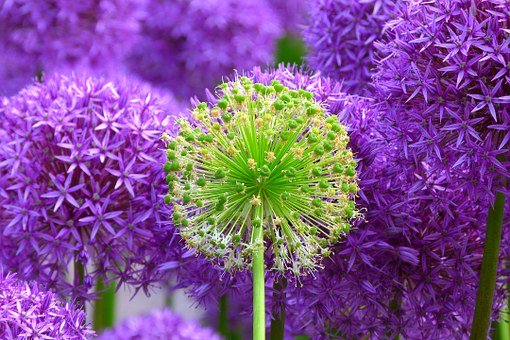Sakyamuni Buddha expounded this principle two thousand years ago. Modern physics also acknowledges the continuous process of small particles arising and ceasing in a moment, in one thousandth of a second or even one ten-thousandth of a second. However, what the Buddha taught is more profound and explicit than modern physics, since the concept of an indivisible moment which is significantly smaller than one thousandth of a second or one ten-thousandth of a second is virtually inconceivable to us. The arising and ceasing that takes place in such a moment is so subtle we cannot begin to comprehend it.
~Depicted from THE FOUR SEALS OF DHARMA - All Composite Phenomena are Impermanent










